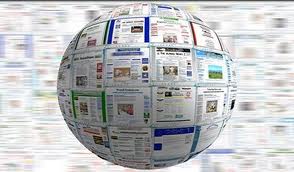 The sale of HSBC’S £5.9billion pound stake in the insurer Ping An is in doubt after Chinese authorities appeared to withdraw funding for part of the deal. The China Development Bank is believed to have reneged on a promise to back Thailand’s Charoen Pokphand Group, the chosen bidder for the stake. According to reports in Asia, the CDB is concerned that the deal has become too complex. [The Independent]
The sale of HSBC’S £5.9billion pound stake in the insurer Ping An is in doubt after Chinese authorities appeared to withdraw funding for part of the deal. The China Development Bank is believed to have reneged on a promise to back Thailand’s Charoen Pokphand Group, the chosen bidder for the stake. According to reports in Asia, the CDB is concerned that the deal has become too complex. [The Independent]
Britain’s biggest pub companies have been accused of “greedy” and “exploitative” behaviour towards their tenant landlords – and face fines for “unfair” treatment of the publicans. Business Secretary Vince Cable has declared war on pub companies who are “squeezing” their tenants through contracts that are “focused on short-term profit”. Large companies such as Enterprise Inns and Punch Taverns, which lease their properties to tenant landlords, have been accused by campaigners of hastening the demise of Britain’s pubs by “overcharging” for drinks and rent. [The Telegraph]
Passengers face potential rail fare rises of up to 21 per cent over the next five years to help fund a £37.5 billion upgrade of the railway. Campaigners are warning of widespread disruption as improvements are made to lines in the South, Midlands, North, Scotland and Wales. Unions meanwhile are threatening possible industrial unrest as rail bosses prepare to shed thousands of jobs to meet efficiency targets. Network Rail said that its investment programme outlined this morning would increase the number of seats during the morning rush hour into London by 20 per cent and by 32 per cent in nine other cities. It would also electrify 850 miles of track on the Great Western Main Line and Midland Main Line and connect Oxford to Bedford and Milton Keynes via a new electric railway linking the Great Western, Midland and West Coast lines. [The Times]
US oil imports will fall to their lowest level for more than 25 years next year, as production booms while demand grows only slowly, according to a government forecast. The US Energy Information Administration predicted that net imports of liquid fuels, including crude oil and petroleum products, would fall to about 6m barrels per day in 2014, their lowest level since 1987 and only about half their peak levels of more than 12m during 2004-07. The figures reflect the spectacular growth of US production thanks to the unlocking of “tight oil” reserves using hydraulic fracturing and horizontal drilling in states led by North Dakota and Texas. [Financial Times]
Ireland swept past a key milestone on its journey towards rehabilitation with international lenders yesterday when its first mainstream debt offering since the 2010 bailout was lapped up enthusiastically. The €2.5 billion syndicated fundraising was three times subscribed as more than 200 pension funds, asset managers and other institutional investors scrambled to lend to the debt-laden nation. The favourable response comes a little over two years after Dublin was forced to accept a €67.5 billion rescue from the European Union and International Monetary Fund to enable it to keep paying its bills. [The Times]
Shoppers looking for goose, venison and fine wines might usually be found in the aisles of Waitrose, but this year the discount chain Aldi offered all of the above at its trademark rock-bottom prices. The strategy was a success and Aldi watched sales shoot up by more than 30% in the 12 weeks up to Christmas, driving its share of the groceries market to an all-time high of 3.2%. Figures from the market researchers Kantar Worldpanel revealed the extent of Britain’s polarised groceries market this Christmas, with the high-end supermarket Waitrose and discount chains, such as Aldi, Lidl and Iceland, all enjoying strong growth. [The Guardian]
Goldman Sachs and HSBC are expected to become the latest banks to settle with the US authorities over allegations they improperly foreclosed on homeowners. The deal is also expected to see Morgan Stanley and Ally Financial pay at least $1.5bn (£934m) in compensation to borrowers hurt by having their loans foreclosed in the aftermath of the banking crisis in 2008. According to sources cited by Bloomberg, the four banks could reach a settlement as early as this week, days after ten lenders agreed their own $8.5bn deal with the authorities. [The Telegraph]
Europe’s top telecoms executives are discussing the creation of a pan-European infrastructure network to unite the continent’s fragmented national markets, following prompting from Brussels to consider more radical options. The idea of pooling telecoms infrastructure emerged at a private meeting between Joaquín Almunia, the EU’s competition chief, and bosses of Europe’s biggest groups, including Deutsche Telekom, France Telecom, Telecom Italia and Telefonica. [Financial Times]






